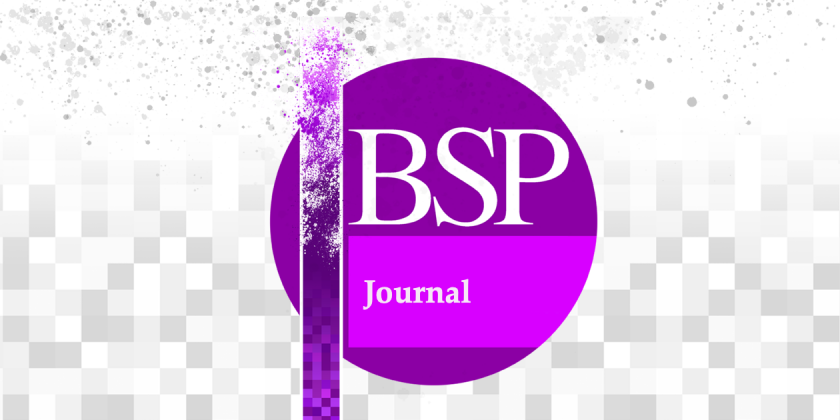Alexander Jakobidze-Gitman’s essay for the Journal of the British Society for Phenomenology, published online in advance of the paper edition.
Alexander Jakobidze-Gitman – ‘Dionysian Spirit as “The Social Self”: Alfred Schutz’s Insightful (Mis)use of Nietzsche’ (Originally published online: 31 October 2019).
Abstract: Recent publications on Alfred Schutz suggest the importance of his musical thought for understanding his general viewpoint on intersubjectivity. Developing this proposition further, my article focuses on one aspect of Schutz’s writings on music: his attempts to amalgamate the aesthetic oppositions of the Dionysian/Apollonian by Friedrich Nietzsche and inner duration/spatialized time by Henri Bergson. Despite the seeming distortion of the initial meaning of the Dionysian impulse, I suggest that Schutz’s employment remains faithful to the aesthetic and cognitive theory of early Nietzsche. To substantiate this, I draw a link between Nietzsche’s early theory of aesthetic cognition and the neurophysiology of the mid-nineteenth century. Furthermore, the way Schutz applied the Dionysian/Apollonian opposition to the problem of musical communication made his musical thought prefigure some neuro-scientifically inspired discussions of the present-day, like the one on joint attention. Schutz tackled the key paradox: why the experience of music can be shared but not directly communicated.
Full article: https://doi.org/10.1080/00071773.2019.1682790
Alexander Jakobidze-Gitman, Faculty for Humanities and Arts, University of Witten/Herdecke, Witten, Germany
Accessing the JBSP Online: The online version of the Journal of the British Society for Phenomenology publishes articles in advance of the paper edition. Articles can be accessed via our publisher’s website: JBSP at Taylor & Francis Online. Access to the JBSP is free to all members of the society, who also receive the quarterly paper copy of the journal as part of their subscription. You can find out more about becoming a member and supporting the BSP on the membership webpage. If you are not a member of the BSP, you can purchase articles from the site, or log in using institutional or personal access via Shibboleth and OpenAthens.

